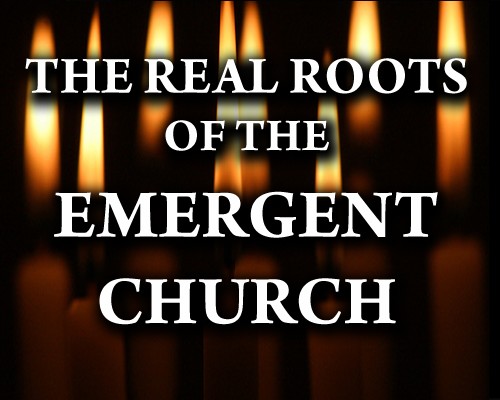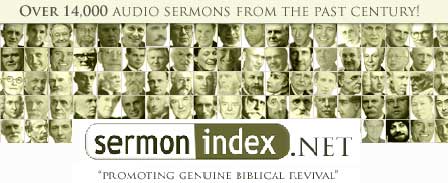 Grace is not a hug. Grace is not a substitute for repentance. Jesus Christ was “full of grace and truth” (John 1:14). “Grace and truth came through Jesus Christ” (John 1:17). A grace without truth is not a properly balanced and biblical grace. With Peter’s mention of “the true grace of God” (1 Peter 5:12), it must be that there is also a false grace.
Grace is not a hug. Grace is not a substitute for repentance. Jesus Christ was “full of grace and truth” (John 1:14). “Grace and truth came through Jesus Christ” (John 1:17). A grace without truth is not a properly balanced and biblical grace. With Peter’s mention of “the true grace of God” (1 Peter 5:12), it must be that there is also a false grace.
Most importantly, the Scriptures tell us that we are saved by grace. “We believe that through the grace of the Lord Jesus Christ we shall be saved” (Acts 15:11). Paul said,
For by grace you have been saved through faith, and that not of yourselves; it is the gift of God, not of works, lest anyone should boast. (Ephesians 2:8-9)
Again, “In Him we have redemption through His blood, the forgiveness of sins, according to the riches of His grace” (Ephesians 1:7); Salvation is by grace, and faith gives us access to this grace by which we are saved. “We have access by faith into this grace in which we stand, and rejoice in hope of the glory of God” (Romans 5:2).
We cannot earn or merit our salvation by works or obedience, but salvation is a free gift of God. Paul said, “God, who has saved us and called us with a holy calling, not according to our works, but according to His own purpose and grace which was given to us in Christ Jesus before time began,” (2 Timothy 1:8-10); “Now to him who works, the wages are not counted as grace but as debt” (Romans 4:4); “Therefore it is of faith that it might be according to grace,” (Romans 4:16); “And if by grace, then it is no longer of works; otherwise grace is no longer grace. But if it is of works, it is no longer grace; otherwise work is no longer work” (Romans 11:6). Grace actually enables us to believe. In Acts 18:27, we read, “he [Paul] greatly helped those who had believed through grace.”
Many Dispensationalists make a distinction between the Gospel of grace and the Gospel of the Kingdom of God. They argue that the Gospel of the Kingdom was preached to the Jews and will be preached again in a future “great tribulation” but now we preach the Gospel of Grace. In their own words: “A remnant of the Jews will preach the Gospel of the Kingdom. Today we preach the Gospel of Grace.”1 Another said, “This good news to that nation was the ‘gospel of the kingdom,’ and should in no wise be confused with the Gospel of saving grace.”2
Are there really two different Gospels? This may sound good on the surface, but Paul understood the Gospel of Grace and the Gospel of the Kingdom of God to be one and the same Gospel. Paul said,
But none of these things move me; nor do I count my life dear to myself, so that I may finish my race with joy, and the ministry which I received from the Lord Jesus, to testify to the gospel of the grace of God. And indeed, now I know that you all, among whom I have gone preaching the kingdom of God, will see my face no more. (Acts 20:24,25)
Notice how Paul used these terms Gospel of the Grace of God and Gospel of the Kingdom of God interchangeably and synonymously. Paul never referred to more than one Gospel. This Gospel of the Kingdom is the Gospel of Grace and has everything to do with our salvation.
True grace is the power of God unto salvation. Paul the Apostle said, “For sin shall not have dominion over you, for you are not under law but under grace” (Romans 6:14). If we are truly under grace, then we are not under sin. The power of grace destroys the power of sin. The measure of which we are truly under grace corresponds to the measure which we are loving God and keeping His commandments. [Read more...]








 Conceived in Rape & Other Exceptions
Conceived in Rape & Other Exceptions  Zeitgeist Refuted Final Cut
Zeitgeist Refuted Final Cut  Real Roots of the Emergent Church
Real Roots of the Emergent Church  Church of Tares
Church of Tares